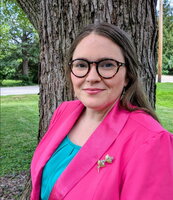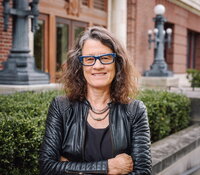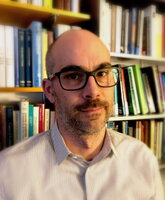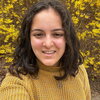
At a time when human caused changes to the global climate threatens the future of our societies; when local epidemics may quickly become global via the international food market or tourism; when the very basis of science has become politicized even as society depends on new scientific discoveries and technological inventions; and when algorithms operating in a ‘big data’ economy have become central to decision-making in health, government, education, and our social lives, the importance of science, technology, and medicine to daily life, the economy, politics, social relations, identity, and state and global power is obvious. Although these developments are often perceived as historic for being new, each has a history of its own. The Department of History offers exciting opportunities to examine the historical basis for a number of central topics in science, technology and medicine, including racial science, health insurance, biology and environmental sciences, research ethics, psychology and neuroscience, reproductive technologies, indigenous knowledge, and new information media in historical light.
The department has particular strength in exploring ways in which subjective values about gender, race, sexuality, and class have shaped the histories of science, technology and medicine, as well as the influences of scientific and medical thought in shaping lived experiences of marginalization. Graduate courses treat a variety of topics, among them, Biology and Society; Science and Technology During the Cold War; Diseases, Epidemics, and Society; History and Theory of Reproduction; Medicine and Law; Bodies, Sexuality, and Health; Comparative Public Health; Race and Medicine; Bioethics; Disabilities; Historiography of Science and Medicine, Medicine and the Movies; Madness and Society; Sex and Science; and History of Information.
The History Department at Illinois has a significant institutional commitment to history of science, technology, and medicine, including dedicated funding opportunities (graduate fellowships and assistantships), events, and other resources for students with interests in this area. Graduate students find that the field of science, technology and medicine readily lends itself to studying history through a variety of innovative and interdisciplinary methods as well as comparative and transnational frameworks. Dissertation topics are wide-ranging, including leprosy and the American Empire; the environment and health in the U.S. West; birth control clinics; the atomic bomb; venereal disease films; bioethics and medical experimentation in the global south; psychiatry and race; nutrition and hygiene in Germany; ecology and race in the Indian Ocean world; children with disabilities; sex education; and rivers and people in nineteenth-century St. Petersburg. Our students have been awarded prestigious national grants from the National Science Foundation (NSF), Social Sciences Research Council (SSRC), and the Pew foundation, as well as University and other fellowships for their research.
Campus Resources
Graduate education in the field is further enriched through shared cross-disciplinary intellectual projects—such as neuroscience and history research on collective memory and a collaborative exhibition of graphic arts from the 1970s women’s health movement—reading groups, and courses with faculty and students in other disciplines. Those include African American Studies, Art and Design, English, the Institute for Communications Research (ICR), Gender and Women's Studies Program (GWS), Latina/Latino Studies, Library and Information Science, and Urban and Regional Planning. The history department hosts an interdisciplinary reading group with graduate students and professors on medicine, science and visual media.
The University of Illinois Library is the third largest academic library in the United States; it holds government documents, full runs of medical and scientific journals, newspapers, an advertisement collection, film, and archival records from all parts of the globe. Other resources include: Humanities Research Institute, the IPRH BioHumanities Initiative, the National Center for Supercomputing Applications; the Beckman Institute; the College of Medicine; and the Advanced Information Technologies Group. Finally, researchers enjoy proximity to state, local, and a variety of medical and science archives in the state capitol and Chicago.
Other Resources
Faculty in Other Departments
History Faculty working in Science, Technology, and Medicine








Affiliated Faculty working in Science, Technology, and Medicine

Related News

"Do what matters to you”: Historian Leslie Reagan's next chapter



